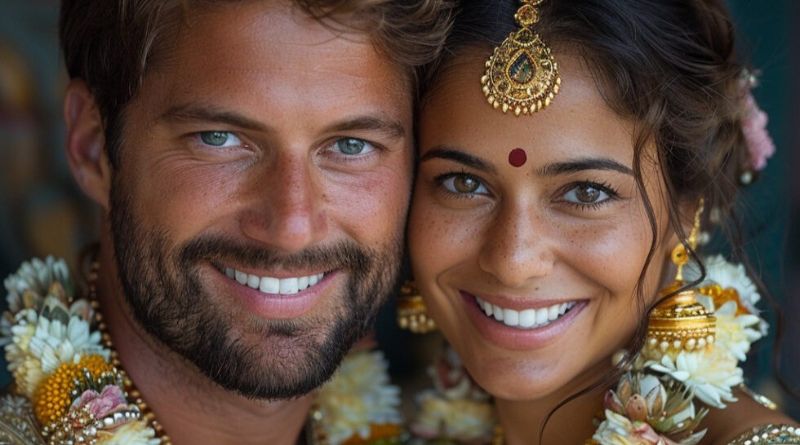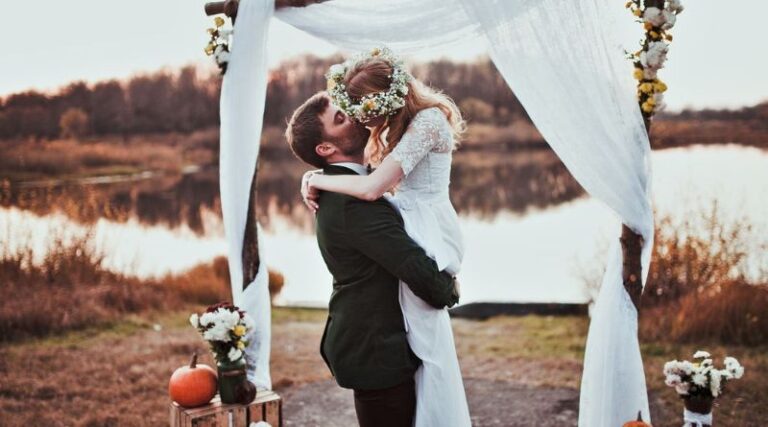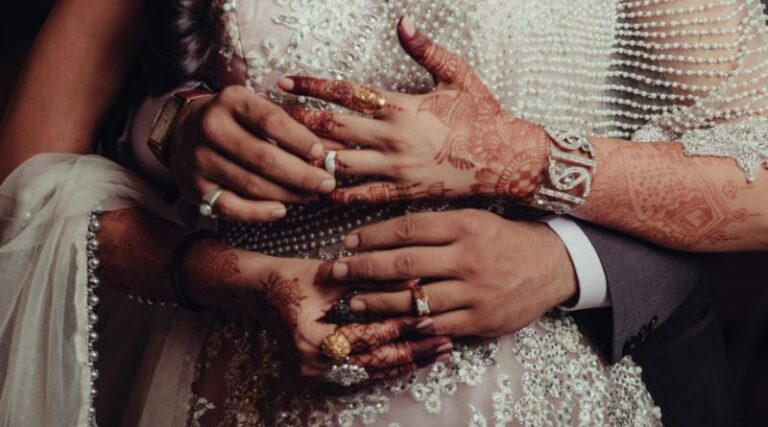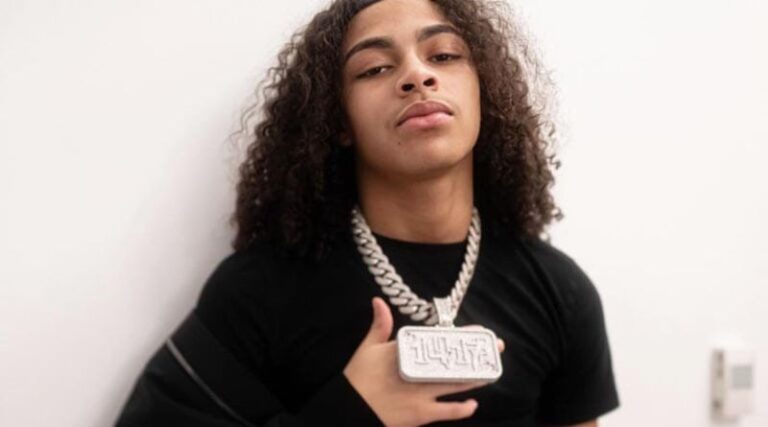
Weddings are joyous occasions that mark one of the most significant milestones in a couple’s life. Traditionally, weddings have followed certain norms and expectations, with ceremonies and receptions often adhering to a set of cultural, religious, or social conventions. However, in recent years, there has been a noticeable shift towards greater inclusivity in weddings, as couples aim to create celebrations that are more representative of their diverse identities, backgrounds, and values.
Table of Contents
Inclusivity in weddings is all about making everyone feel welcome and valued, no matter their gender, race, ethnicity, sexual orientation, ability, or religious background. This trend is not just a passing phase; it is an important movement that reflects broader societal changes, emphasizing love, respect, and equality. In this article, we will explore the various ways couples are incorporating inclusivity into their weddings, discuss why it is important, and offer tips for planning a wedding that celebrates diversity and equality.
What Does Inclusivity in Weddings Mean?
At its core, inclusivity in weddings is about making sure that all individuals—whether they are family, friends, vendors, or guests—feel accepted, valued, and represented. It is about breaking away from traditional norms and embracing diversity in all its forms. For some, this might involve incorporating multicultural elements into the ceremony; for others, it might mean creating a space where everyone feels comfortable, regardless of gender identity or sexual orientation.
Inclusivity can be reflected in many aspects of a wedding, from the ceremony itself to the venue, guest list, attire, and even the food served. The goal is to ensure that the celebration reflects the couple’s values and their desire to create an event where love is celebrated without discrimination or exclusion.
Why Is Inclusivity in Weddings Important?
Inclusivity in weddings is important for several reasons, ranging from personal beliefs to societal progress. Here are some key reasons why couples are embracing inclusivity in their weddings:
- Celebrating Diverse Relationships
Weddings are about love, and love comes in many forms. By embracing inclusivity, couples can celebrate relationships that break traditional molds. This includes same-sex couples, interfaith marriages, and couples from different racial or ethnic backgrounds. Making space for these diverse relationships ensures that all couples feel seen, valued, and worthy of celebration. - Reflecting Modern Values
In today’s world, people are more aware of the importance of diversity and inclusivity. Many couples choose to embrace inclusivity as a reflection of their personal values and the desire to promote equality. These values resonate with the idea that love transcends boundaries and should be celebrated without judgment. - Creating a Welcoming Environment
A wedding is a special event for the couple, but it is also an opportunity to bring together friends, family, and loved ones. By being inclusive, couples ensure that all guests—no matter their background or identity—feel welcome and comfortable. This sets the tone for an open, respectful, and positive environment. - Promoting Equality
Inclusivity in weddings also plays a role in promoting gender and sexual equality. Traditional wedding ceremonies often have gendered roles and expectations that no longer reflect the reality of modern relationships. By embracing inclusivity, couples challenge these outdated traditions and promote a more equal, non-discriminatory approach to weddings. - Honoring Different Traditions and Cultures
Many couples today come from diverse cultural or religious backgrounds. Inclusivity allows for the blending of different traditions, rituals, and ceremonies to create a wedding that is meaningful for both individuals and their families. This fusion of cultures adds depth and richness to the celebration and promotes cross-cultural understanding and respect.
Ways to Incorporate Inclusivity in Weddings
There are many ways couples can incorporate inclusivity into their weddings. From the planning stages to the ceremony and reception, inclusivity can be seamlessly woven into every aspect of the event. Here are some ideas for creating an inclusive wedding:
1. Inclusive Language
One of the easiest ways to promote inclusivity in your wedding is through language. When writing your vows, invitations, or ceremony script, use language that is neutral and inclusive. For example, instead of referring to the bride and groom, use “couple” or “partners.” This simple change makes your ceremony more inclusive and welcoming to all.
2. Inclusive Attire Choices
Many traditional weddings focus on strict gender norms when it comes to attire, such as the bride wearing a white dress and the groom wearing a suit. However, today’s weddings embrace a wider range of styles and options. Couples can choose to wear whatever makes them feel comfortable and true to their style, regardless of gender. This might include a bride in a tuxedo, a groom in a gown, or both partners wearing non-traditional attire.
3. Respecting Different Cultures and Beliefs
If you and your partner come from different cultural or religious backgrounds, consider incorporating elements from both traditions into your wedding ceremony. This could include a unity candle ceremony, exchanging vows in multiple languages, or honoring different customs through food, music, and rituals. This respect for diversity fosters an atmosphere of inclusion and allows both families to feel represented and respected.
4. Inclusive Guest Lists
It’s essential to be mindful of the people you invite to your wedding. Make sure your guest list reflects the diversity of your social circle and family. Consider inviting individuals from different backgrounds, sexual orientations, or religious beliefs, ensuring everyone feels valued. Additionally, if some guests have disabilities, consider accessibility when choosing your venue and other wedding arrangements.
5. Gender-Neutral Wedding Roles
Traditional wedding roles often assign specific tasks to the bride and groom. However, an inclusive wedding allows flexibility in how roles are assigned. For example, bridesmaids and groomsmen could be called “attendants” or “party members,” and anyone can take on any role, regardless of gender. Additionally, consider non-gendered titles for other participants in your wedding party, like “person of honor” or “best person.”
6. Accessible Wedding Venues
It’s important to choose a venue that is accessible to all guests, including those with mobility challenges. Make sure that the venue provides wheelchair access, seating for individuals with special needs, and any other accommodations to ensure everyone can participate in the celebration.
7. Inclusive Catering
Food is a major part of any wedding reception, and catering is an excellent opportunity to be inclusive. Make sure your menu offers a variety of options to accommodate dietary restrictions, preferences, and cultural backgrounds. This might include vegetarian, vegan, halal, or kosher options, and it’s a good idea to ask your guests ahead of time about any food allergies or preferences they may have.
8. Supportive Wedding Vendors
Choose wedding vendors—photographers, planners, florists, and officiants—who share your values and are experienced in creating inclusive weddings. These professionals will be sensitive to your needs and will help ensure that your celebration reflects your inclusive approach.
FAQs About Inclusivity in Weddings
Q1: What is an inclusive wedding?
An inclusive wedding is one that embraces diversity, equality, and respect for all people, regardless of gender, race, ethnicity, sexual orientation, or ability. It reflects the couple’s desire to create an environment where everyone feels welcome, accepted, and celebrated.
Q2: How can I make my wedding more inclusive?
There are many ways to make your wedding more inclusive, such as using inclusive language, choosing gender-neutral roles, respecting different cultures and beliefs, offering diverse catering options, and ensuring accessibility for all guests.
Q3: How can I include my LGBTQ+ friends and family in my wedding?
Embrace inclusivity by using gender-neutral language, offering equal roles for all genders in your wedding party, and being mindful of your guest list. Celebrate the love of your LGBTQ+ friends and family by acknowledging and supporting their relationships during your ceremony.
Q4: What are some tips for planning an inclusive wedding ceremony?
To plan an inclusive wedding ceremony, consider using non-traditional language, incorporating rituals from different cultures, and creating an environment where all guests feel welcome. Be mindful of your guests’ needs, and ensure that your ceremony reflects your values of diversity and equality.
Q5: How can I make my wedding more inclusive without making it feel too political?
Inclusivity in weddings is about creating a celebration that is reflective of your values, but it doesn’t have to be overtly political. Focus on ensuring that everyone feels valued and respected. Whether it’s through language, décor, or the guest list, small changes can create a more inclusive atmosphere without making the event feel too political.






